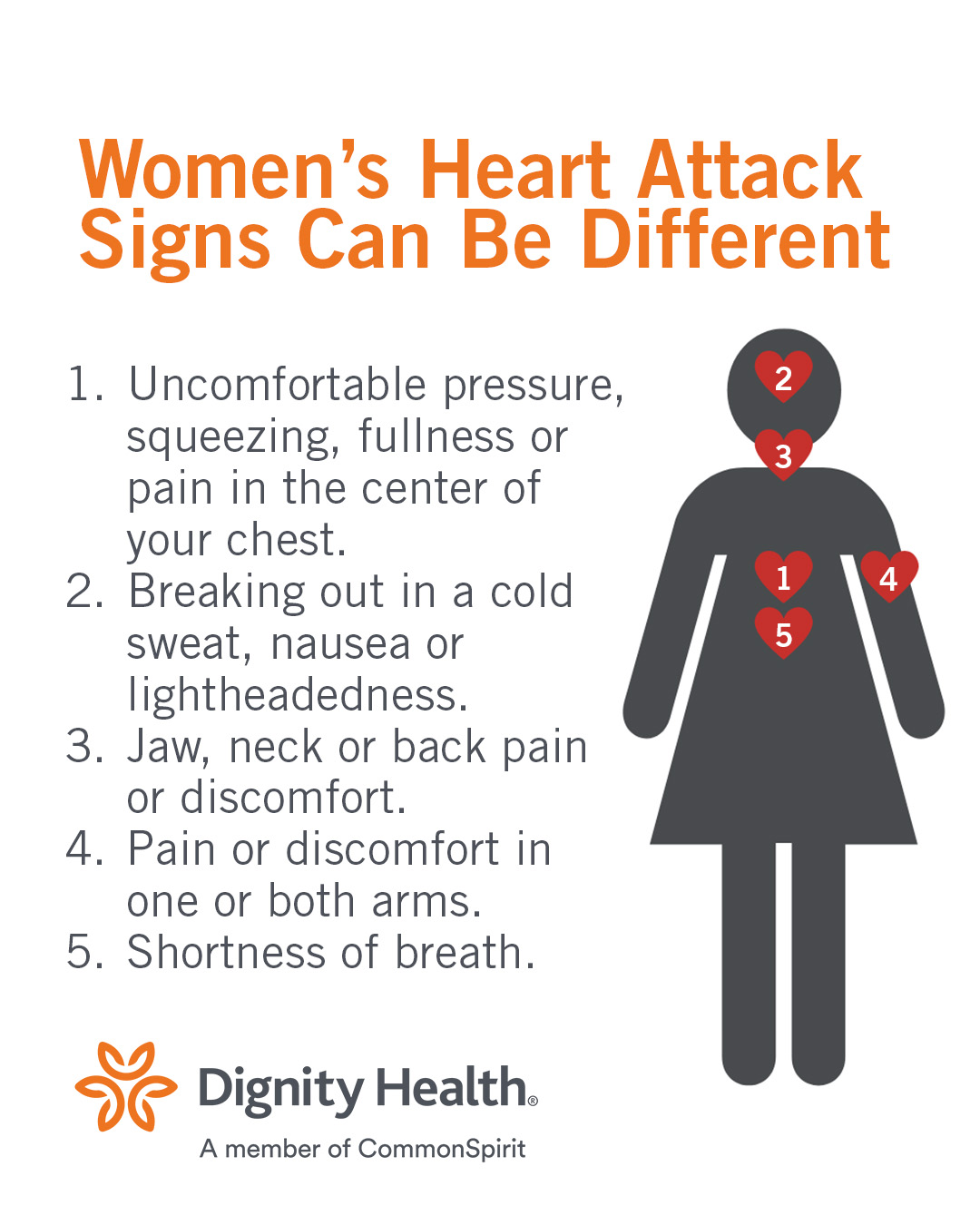Heart health is a big problem in the U.S. Heart and blood vessel disease is the main cause of death for adults, but men and women don't always get the same care. This difference suggests that many individuals don't know that men's and women's heart health can be different. Dignity Health understands how important this is, and heart doctor Dr. Amardeep Singh wants to help women by making more women aware of their heart health.
The facts of women’s heart health are shocking. More women than men die each year from heart disease, which can come in many forms, such as coronary artery disease, irregular heart beats, and congestive heart failure. Women are also more likely to ignore the symptoms commonly associated with heart disease, leading more U.S. women to die from heart disease than any other cause, including cancer.
Women's bodies have unique characteristics that impact their heart health. For example, pregnancy, hormones, autoimmune disorders, and even some breast cancer treatments can all challenge the cardiovascular system. A better understanding of these factors can help to improve cardiovascular health in women. Right now, it’s estimated that 90 percent of women have at least one risk factor for heart disease, making it one of the single largest health concerns for women. However, the good news is that 80 percent of heart disease is preventable through awareness, education, and lifestyle adjustments. For example, mindful meditation, yoga, and walking are great tools that increase self-awareness, reduce blood pressure, and improve overall cardiovascular health.
Know Your Risk Factors
Heart disease in women can be connected to things that are unique to their bodies, like their ability to have children and their hormones. Certain life stages and conditions can increase a woman's risk:
- Early Menopause or Irregular Periods: Menopause before age 47, or periods starting before age 9-12 or after age 15.
- Problems During Pregnancy: This includes pre-eclampsia (high blood pressure during pregnancy), preterm delivery (early birth), gestational diabetes (diabetes during pregnancy), and congestive heart failure during pregnancy.
- Breast Cancer Treatments: Radiation and chemotherapy.
- Fertility Treatments.
- Postmenopausal Hormone Treatment.
- Certain Health Issues: Such as certain autoimmune diseases (like Lupus or Rheumatoid Arthritis), polycystic ovarian syndrome (PCOS), and mental health conditions like depression.




